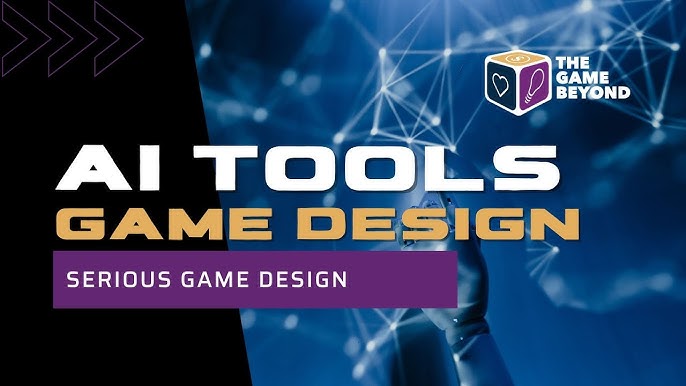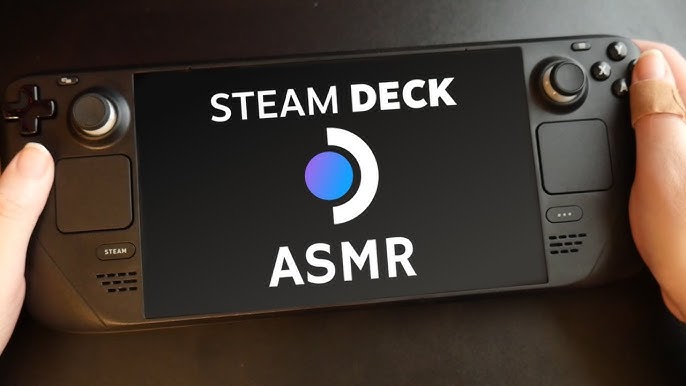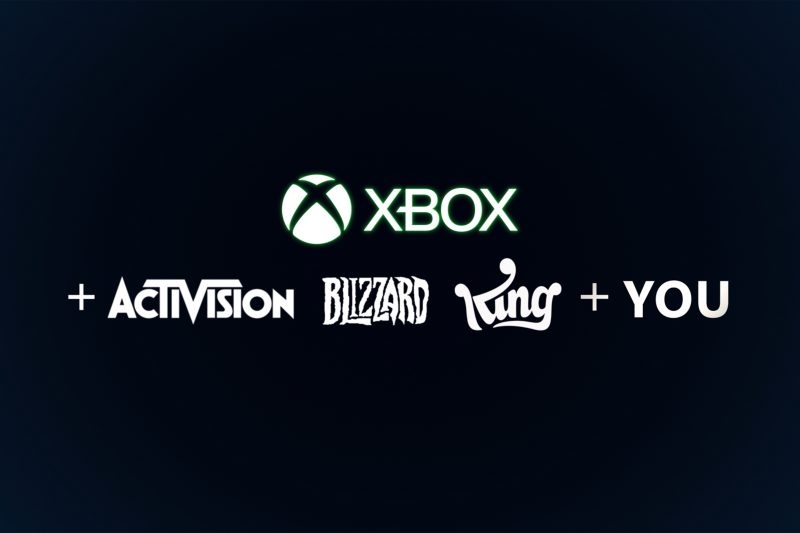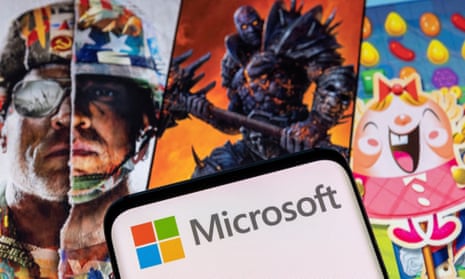The Dust Has Settled: What Microsoft's Activision Blizzard Acquisition Means for PC Gamers After months of regulatory hurdles, global scrutiny, and enough paperwork to bury a small nation, Microsoft finally closed its acquisition of Activision Blizzard.

After months of regulatory hurdles, global scrutiny, and enough paperwork to bury a small nation, Microsoft finally closed its acquisition of Activision Blizzard. For those of us who've been glued to the PC gaming scene for decades, this isn't just another business deal – it’s a seismic shift with the potential to reshape the landscape of how we play, access, and even think about PC games. Let's dive into the nitty-gritty and break down what this mega-deal truly means for you, the PC gamer.
A Brief History Lesson: From Humble Beginnings to Gaming Colossus
Before we dissect the implications, it's crucial to understand the players involved. Microsoft, a titan of the tech world, has been a mainstay in PC gaming since the days of MS-DOS. Their Xbox division cemented their presence in the console market, and PC Game Pass has rapidly become a force to be reckoned with, offering a Netflix-style subscription service for PC games.
Activision Blizzard, on the other hand, boasts a portfolio filled with gaming heavyweights. From the ubiquitous "Call of Duty" to the sprawling worlds of "World of Warcraft" and the strategic depth of "StarCraft," their franchises are ingrained in gaming culture. However, the company has faced its share of controversies, from workplace culture issues to concerns over monetization practices.
The marriage of these two giants was never going to be a simple affair. Antitrust regulators around the globe scrutinized the deal, concerned about its potential impact on competition. The primary fear? That Microsoft would leverage its power to lock down Activision Blizzard's games, making them exclusive to Xbox consoles and PC Game Pass, effectively starving competitors like Sony (PlayStation) and even Valve (Steam).
The Big Question: What Happens to Our Games on Steam?
This is the question that's been burning in the minds of PC gamers since the acquisition was first announced: Will "Call of Duty," "Diablo," and other Activision Blizzard titles vanish from Steam? The short answer is: it's complicated.

Microsoft has made assurances that it intends to keep some Activision Blizzard games on Steam. In fact, shortly after the deal closed, they launched "Call of Duty" on PC Game Pass and stated that Diablo IV would be coming to the service. But the extent to which they’ll continue to support Steam remains to be seen. The business reality is this: Microsoft has a vested interest in driving subscriptions to PC Game Pass. Exclusive content is a powerful tool to achieve that goal. We could see a scenario where newer titles, or certain game modes, become exclusive to the Microsoft ecosystem, while older games remain available on Steam.
Adding credence to this, Phil Spencer, CEO of Microsoft Gaming, has stated that their goal is to treat every screen as an Xbox. While reassuring on the surface, that mantra suggests a unified experience delivered through Microsoft's platforms, not necessarily on competing platforms.
PC Game Pass: A Golden Ticket or a Gilded Cage?
Speaking of PC Game Pass, the acquisition of Activision Blizzard undoubtedly supercharges the value proposition of the service. The prospect of playing "Call of Duty," "Diablo," "Overwatch," and potentially even "World of Warcraft" for a monthly fee is undeniably appealing. This could be a major boon for PC gamers who are looking for a cost-effective way to access a wide variety of titles.

However, there are potential downsides to consider. A heavy reliance on subscription services can lead to a homogenization of the gaming landscape. Developers might be incentivized to create games that are designed to maximize engagement and retention, rather than pursuing more innovative or experimental projects. Moreover, the long-term sustainability of the subscription model is still an open question. Will Microsoft continue to invest heavily in PC Game Pass if subscriber growth plateaus?
The Modding Community: A Silver Lining?
One area where the acquisition could have a surprisingly positive impact is the modding community. Microsoft has historically been more supportive of modding than Activision Blizzard, particularly with games like "Minecraft."

If Microsoft adopts a more permissive approach to modding for Activision Blizzard's titles, it could unleash a wave of creativity and innovation. Imagine the possibilities: community-created maps for "Call of Duty," enhanced graphics and gameplay tweaks for "Diablo," or entirely new storylines for "World of Warcraft." This could breathe new life into older games and foster a stronger sense of community.
Antitrust Concerns: A Sigh of Relief?
The regulatory scrutiny surrounding the acquisition highlights the growing concern about the concentration of power in the gaming industry. While the deal ultimately went through, the concessions that Microsoft had to make – including licensing agreements with cloud gaming providers – suggest that regulators are paying close attention to potential anti-competitive practices.

This could have a chilling effect on future mega-mergers and acquisitions, forcing companies to think twice before attempting to consolidate their dominance. For PC gamers, this could mean a more diverse and competitive market in the long run.
The Expert Take: Industry Analyst Musings
"This acquisition fundamentally changes the power dynamics in the gaming industry," says Michael Pachter, a leading industry analyst at Wedbush Securities. "Microsoft now controls a vast library of iconic franchises, giving them a significant advantage in the battle for players' attention and wallets."
Pachter also notes that the success of PC Game Pass will be crucial to Microsoft's strategy. "If they can successfully convert a significant portion of Activision Blizzard's player base into Game Pass subscribers, it will be a game-changer. But if they alienate existing fans by restricting access to their favorite games, it could backfire."

Looking Ahead: The Future of PC Gaming Under Microsoft's Reign
The acquisition of Activision Blizzard marks a pivotal moment for PC gaming. While the long-term implications remain uncertain, one thing is clear: Microsoft is doubling down on its commitment to the platform. Whether this leads to a more vibrant and accessible ecosystem or a more fragmented and controlled one remains to be seen.
For now, we PC gamers can only wait and watch. Keep an eye on Steam, keep an eye on PC Game Pass, and most importantly, keep playing the games you love. The industry may change, but our passion for gaming will endure. And XenGamer.com will be here to keep you informed, providing the context and analysis you need to navigate this ever-evolving landscape.

Actionable Advice for PC Gamers:
- Keep an eye on your favorite games: Monitor the Steam pages and official channels of Activision Blizzard titles to stay informed about their availability and future updates.
- Consider PC Game Pass: If you're looking for a cost-effective way to access a wide range of games, PC Game Pass is worth considering, especially now that it includes Activision Blizzard titles. But weigh the pros and cons carefully.
- Support independent developers: Don't forget the indie scene! There are countless amazing games being created by smaller studios that deserve your attention. Diversify your gaming library and support innovation.
- Engage in the community: Share your thoughts and concerns with other PC gamers. Participate in discussions on forums, social media, and other online platforms. Your voice matters!

Key Takeaways:
- Microsoft's acquisition of Activision Blizzard is a major event with far-reaching implications for PC gaming.
- The future of Activision Blizzard games on Steam remains uncertain.
- PC Game Pass is a key component of Microsoft's strategy, offering both opportunities and potential risks for PC gamers.
- The modding community could benefit from Microsoft's more permissive approach.
- Regulatory scrutiny highlights the growing concern about the concentration of power in the gaming industry.

The game is afoot, as they say. And here at XenGamer.com, we'll be here to follow every twist and turn. Stay tuned.
